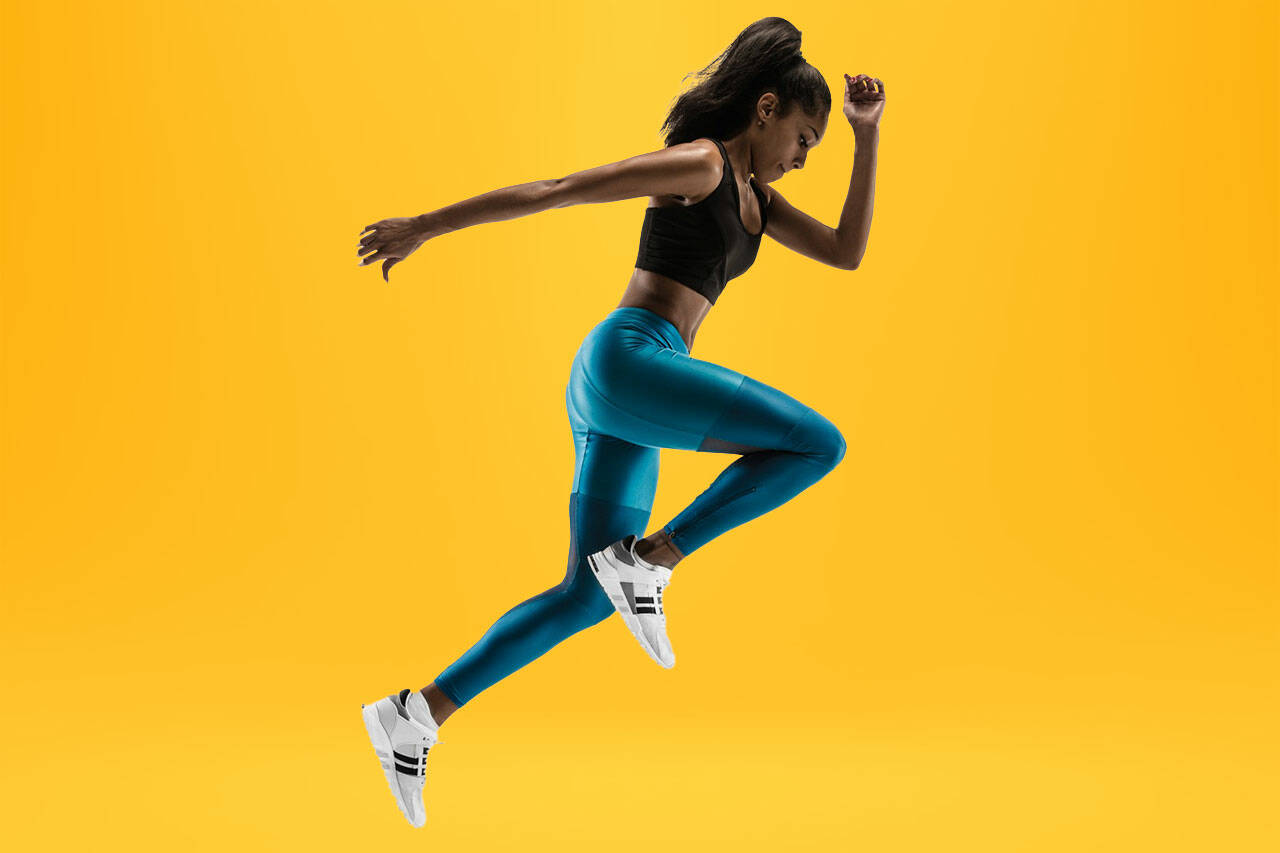For elite athletes, as well as anyone else who is constantly striving to reach their fitness goals, they are always on the hunt for quality performance-enhancing substances. Supplements must adhere to anti-doping laws, they must be safe, and they should be natural.
This is where CBD, or cannabidiol, comes in. Many athletes praise the use of CBD thanks to many benefits that include faster recovery from injury, better sleep, and a reduction in muscle pain.
Many organizations look to cannabis’ main cannabinoid cousin, THC as an illicit substance, the World Anti-Doping Agency allows the use of pure CBD isolate. CBD offers anti-inflammatory, anti-anxiety, neuroprotective, and analgesic benefits, without the high of THC. This could make a good case for it being a legal supplement.
CBD products target both recreational and elite athletes, in the form of oils, capsules and lotions.
But is CBD all hype? What evidence exists that CBD gives athletes an elusive edge? Are these claims just a PR method of embracing the latest trending cannabinoid?
Studies and CBD
2020 research suggests CBD supports athletes in a variety of ways.
Reduced pain and inflammation
A 2020 review appearing in Sports Medicine revealed that CBD promotes physiological, psychological and biochemical effects that could be beneficial to athletes.
One key finding says that CBD may alleviate inflammatory pain that comes with tissue damage as well as neuropathic pain resulting from nerve irritation or damage. This may be a sign of an important benefit for endurance athletes. They can enjoy repetitive, long-distance workouts without experiencing inflammation or irritation in their peripheral nerves.
Protection for gastrointestinal damage
The same Sports Medicine study also revealed that CBD protects against gastrointestinal damage. Athletes who take part in strenuous activity may be able to reduce nutrient and oxygen and delivery to their gastrointestinal (GI) tracts.
GI stress negatively impacts exercise performance and recovery because of the associated nausea, vomiting, and compromised nutritional intake. Research also shows that CBD reduces tissue damage and restores the intestine’s permeability.
Bone health
There is also evidence that CBD could support healthy bones while helping to heal fractures. Healthy bones are a must for all types of athletes, yet bone health is often compromised by injuries or inadequate energy.
Management of anxiety in sports performance
CBD also helps athletes manage and contain their sports performance anxiety that can crop up before a competition. These anxieties can result in sleep loss, increased energy expenditure, and impaired nutritional intake.
Studies of non-athlete humans show that CBD relieves anxiety within stressful situations. CBD is even better when paired with psychological therapies like cognitive behavioral therapy.
Neuroprotective qualities: protecting against brain injury
A 2020 study found in Pharmacological Research, took a look at the valid nature of CBD research on athletes. Researchers found that the neuroprotective abilities of CBD had potential to counteract harm following the incidence of a sports-related concussion. These concussions are a type of mild traumatic brain injury that results in harmful long-term complications like neuronal damage.
There has been recent research in animal models that shows CBD oil helps to treat pain, depression and aggression connected with mild traumatic brain injury. CBD oil can also counteract damage to neurons in the prefrontal cortex of the brain, reducing oxidative stress and neuroinflammation.
Because there are no effective pharmacological therapies available currently that can manage mild traumatic brain injury, these findings are promising. Common in contact sports, repetitive traumatic brain injury could result in chronic neurodegenerative diseases like chronic traumatic encephalopathy, or CTE.
Sleep/wake cycles
Research in animal models reveals that CBD can act as a sleep-inducing agent and as a wake-promoting agent. The ability to have opposite effects is called biphasic effects. It depends on the dose but works best when the natural sleep-wake rhythm is disturbed.
Low doses of CBD promote wakefulness, while high doses sedate and welcome sleep. Both properties have benefits. Yes, athletes need a good night’s sleep before a big game, but staying awake is also a performance-enhancing way for athletes to compete in endurance events or ultra-marathons.
Do these benefits come at a cost to performance? While faster recovery and sound sleep sounds good, it’s not so great if they compromise balance and coordination.
The Sports Medicine study points to the answer being no. The researchers found that current data shows CBD is not likely to negatively impact cognitive and psychomotor function in healthy individuals.
What the experts and athletes are saying about CBD
Some Drs say the use of CBD for athletes is promising. However, current knowledge is limited, as most data up till now has been based on animal studies involving high doses of CBD.
There is much to learn about transferring dosing from animals to humans. On the other hand, the potential benefits are great, especially in terms of the treatment and reduction of inflammation.
CBD helps athletes with faster recovery by reducing inflammation and helping with muscle relaxation. It works as an anti-inflammatory and can combat neuroinflammation. This makes CBD promising for athletes who play contact sports such as football or boxing where they may frequently get concussions.
For athletes who want to experiment with CBD, they should start off with sublingual tinctures. This allows CBD to get into the system quicker with a higher bioavailability so you can reduce the dose.
In Conclusion
More data on humans is necessary. Studies are only preliminary in nature, even though the current data is promising. Clinical research in athletes will give more definitive insights into the effectiveness of CBD oil.
Looking toward the future, many more research initiatives are underway.



